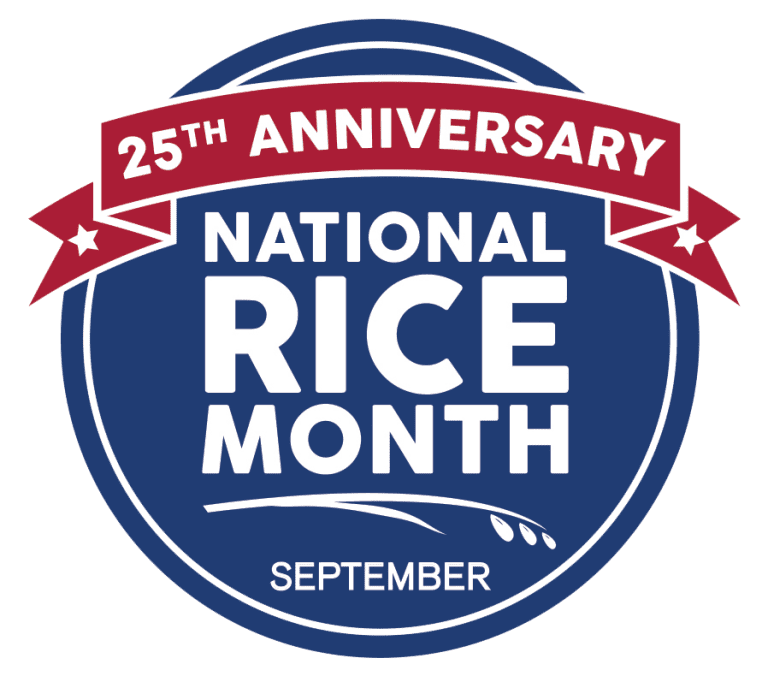Greater Baton Rouge Food Bank Celebrates 30 Year Anniversary
This year, your Greater Baton Rouge Food Bank is celebrating thirty years of serving those in need. What started as a small distribution of collected food items in a church parking lot has now evolved into the distribution of millions of meals across eleven Louisiana parishes each year. The Food Bank continues to grow, but looks back fondly on its early beginnings.
The Greater Baton Rouge Food Bank was originally organized as an outgrowth of Urban Ministries Coalition to provide support to people in need as they faced severe economic challenges. In 1984, the Baton Rouge economy was among the worst in the nation. Downtown churches and social relief agencies in Baton Rouge, all members of Urban Ministries Coalition, had noticed triple the amount of people coming to them for assistance. Together, they decided it was time to take action.
Around that same timeframe, Delchamps Food Stores had contacted United Way to discuss donating the food that the grocery stores were unable to sell. United Way contacted a small group of community leaders, effectively creating what would become the Steering Committee for the new Food Bank. This group included the Reverend John Lipscomb of St. James Episcopal Church; Jim Colvin of United Way; Fred Griggs of Saint Vincent DePaul; Pete Underwood of the American Red Cross; Nancy Penn, the Episcopal Hunger Coordinator; David Cheveallier of Volunteers of America; John Spain of WBRZ-TV; Isabel Austin of Judson Baptist Association; Deborah Roe of the Catholic Life Center; B.T. Lewis of The Salvation Army; and Tyke Olinde of University Presbyterian Church.
As a brand new organization trying to make an impact in the community, the first Food Bank distribution consisted of a small group of volunteers passing out collected bread and food items in the parking lot of Victoria Baptist Church. Eventually, the Food Bank moved into its own building – a small house located on 21st Street in Baton Rouge. As the strength and size of the Food Bank’s operation grew, it became clear that the facility would also need to grow. In 1996, the Food Bank moved to its third home and first warehouse facility on Chippewa Street. At this time, the Food Bank had grown from a few volunteers in a parking lot to 24 full-time employees focused on serving the Greater Baton Rouge community.
Many years after moving into the warehouse facility on Chippewa, the Food Bank expanded its operations again and moved to a larger warehouse on Choctaw. The Food Bank would call this warehouse home until January of 2014, nearly 30 years after the Food Bank’s first distribution. The Food Bank moved in 2014 to its current home, the Fraenkel Center – all made possible through a generous donation from Mr. Albert Fraenkel and his family. With a much larger operational space, the new facility has allowed for increases in efficiency as well as opportunities to expand programs and further the mission.
“Over the last three decades, the Food Bank has seen a great deal of growth and development in food donations, fund donations and volunteerism. Without the support of the community, this level of growth would not be possible. Community support has been a constant since day one, and that has allowed us to help thousands of people in our community over the last thirty years,” said Mike Manning, President & CEO of the Greater Baton Rouge Food Bank.
Thirty years ago, a group of community leaders saw a need in their city and did something about it. Today, the Greater Baton Rouge Food Bank provides on average approximately 9 million meals a year to those in need across an 11-parish service area. Location, size and service area may have changed, but one thing is constant: the Food Bank’s mission. Together We’re Fighting Hunger.

